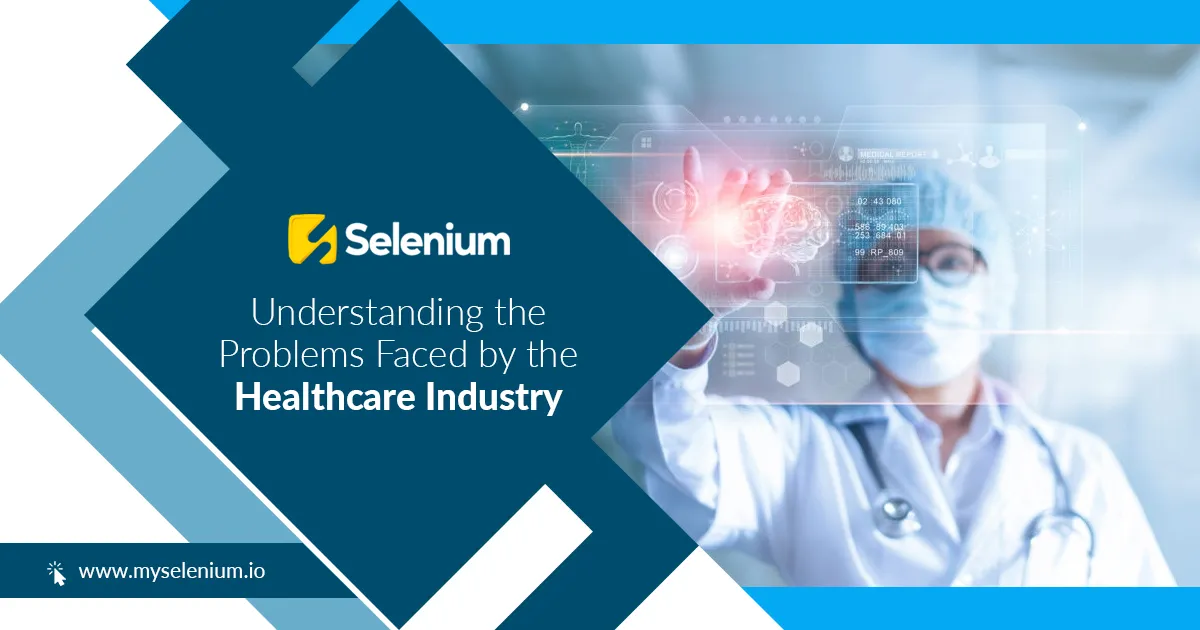
Doctors and hospitals play an essential role in ensuring the physiological and psychological well-being of society. Likewise, advancements in medical science have assisted practitioners in diagnosing diseases effectively and reducing mortality rates. But, the distribution of the benefits of modern healthcare is not equal. Patients from different parts of the world experience varying levels of medical attention and, in some unfortunate cases, none.
In this article, we shall look at the different factors that are affecting the healthcare industry:
- Slow distribution of services: The medical industry is notorious for distributing treatment at a ridiculously slow pace. This problem stems primarily from a lack of coordination between the different participants, and the infrastructure to share knowledge is still at a nascent stage.
- Poor data management practices: Data management and healthcare do not go hand-in-hand. A simple observation at a micro level will reveal that most medical practitioners and institutions use legacy systems or data silos to store information. This practice makes the stored data susceptible to hacking or damage.
- Insignificance of the patient: It is interesting and saddening to state that the medical sector is one industry where the end-user does not find a constructive purpose. The medical industry works as a one-way street, and patients often do not see any plausible use cases for their health data. Moreover, with medical tourism becoming popular, more and more patients are forced to face the brunt of this problem.
- Prevalence of wrong diagnoses: A study in 2016 revealed that after heart ailments and cancer, the third biggest cause of death in the United States resulted from medical error. This issue emerges mainly from poor data management practices that hamper the doctor from providing a proper medical assessment.
- Absence of transparency: While technological and internet companies have to provide their users with information on how external players are using their data, but, the same exercise does not apply to the healthcare industry. Patients have no control over their own medical data, and they do not know who all can access it.
- Lack of innovation: In an internet-dependant world, the medical sector finds it difficult to adapt to emerging technologies such as blockchain, artificial intelligence, internet-of-things, and more.
However, the medical industry does not have to suffer from the above problems any longer. This is because of Selenium Coin, who has envisioned a revolutionary solution that will use blockchain to offer the industry a secure and robust medical platform. Using Selenium Coin’s platform, users will be able to store and share their medical data with relative ease. Patients can program smart contracts that will allow them to set permissions on their data and also allow them to know who all can access their information.
The Selenium Coin project is loaded with many advantages, visit the official website to learn more. Also, don’t forget to register and participate in the Selenium Coin IEO.